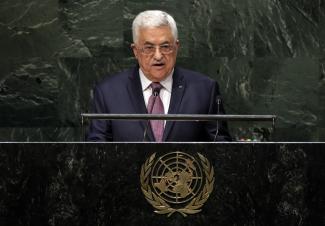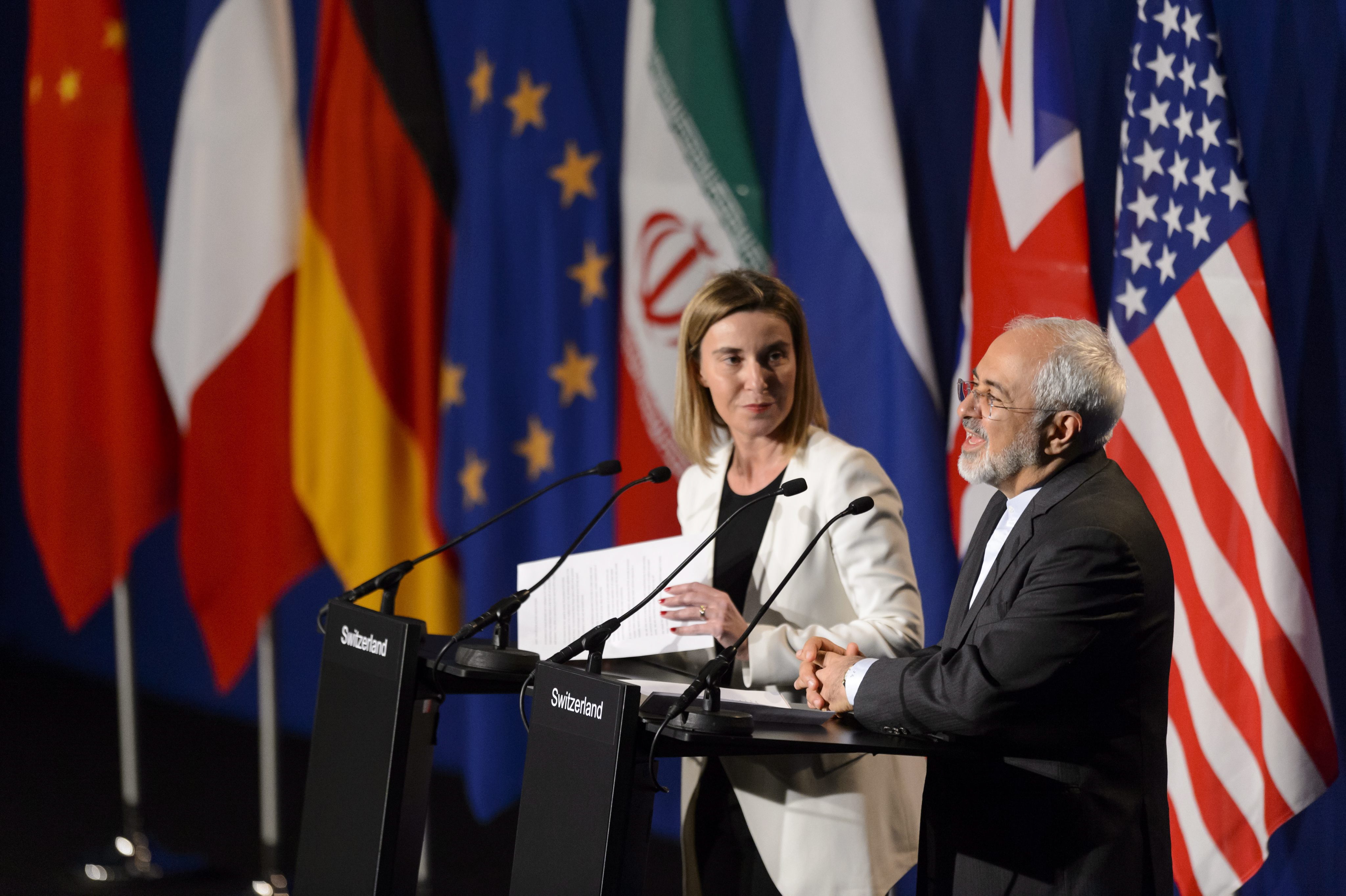Middle east
Sovereign action

Ban Ki-moon, the UN secretary-general, has announced that the Palestinian Territories will be a party to the ICC from 1 April on. Is the matter thus settled?
Yes, it is. Every state has the right to join the ICC, and the Palestinian Authority has taken this step. The only thing that might have been in question was whether the statehood of the Territories is acknowledged. But since the UN General Assembly decided to do precisely that on 4 December 2012, Ban’s decision did not come as a surprise, and 1 April results as the date of accession according to Article 126, Paragraph 2 of the Rome Statute, on which the ICC is based.
So the ICC will have jurisdiction over Palestine from April on?
Yes, but it actually already has such jurisdiction due to another legal procedure: on 31 December 2014, Mahmood Abbas, the Palestinian president, accepted ICC jurisdiction over the occupied Palestinian Territories in an ad-hoc declaration according to Article 12, Paragraph 3 of the Statute. This step was retroactive, taking force on 13 June 2014. There are precedents for retroactive accession, the Ivory Coast used this instrument for example. Therefore, the ICC now has jurisdiction over events that took place during the recent Gaza war.
Binyamin Netanyahu, Israel’s prime minister, vehemently opposed the Palestinian Authority’s accession to the ICC. Is he afraid that the Court will sentence Israelis?
Well, that would certainly still take a long time. First, there would have to be preliminary examinations, and then formal investigations. Suspects would have to be indicted and transferred to the court. In the meantime, Israel would certainly argue that there is no need for an ICC intervention because Israel’s military justice system deals with the relevant cases. This is how the British government is currently responding to allegations of torture during the Iraq war. In any case, with the new ICC jurisdiction the Middle-East conflict has now clearly an additional legal dimension.
Is it really a war crime to build permanent settlements on occupied territory?
According to the principles of international humanitarian law, no occupation force may impose permanent changes on occupied land. Accordingly, the Rome Statute considers the transfer of civilians to occupied territories a war crime. Now if you take a look at the current situation in Palestine, it is obvious that settlements, which are built to last and enjoy all sorts of support – including military protection, water supply and tax exemptions – are not merely campsites. Of course, the ICC jurisdiction does not start before 13 June 2014. The ICC can only consider settlements that were set up after that date. Should settlements continue to be built as they have been so far, however, the ICC could argue in a few years time that there is a settlement pattern that fits the war-crime definition and start investigations accordingly. In any case, there are more obvious cases which may amount to war crimes, for instance the killing of children or the devastating destruction in the recent Gaza war.
Must Palestinians fear the ICC too?
Yes, of course. The ICC Office of the Prosecutor investigates objectively and in all directions. The rockets Hamas fired at residential areas in Israel can count as war crimes too. And for this reason, accepting ICC jurisdiction was controversial among Palestinians. Radical forces opposed the step for obvious reasons.
What is driving Abbas?
I think that the patience of the Palestinian people and its government with the delaying tactics of the current Israeli government has simply ended. They want to make use of the options international law and multilateral mechanisms offer, and joining the ICC is one of them. The Palestinian Authority has recently also joined other international agreements and institutions, including the UN Convention on the Law of the Sea. Of course, ICC membership is particularly important, and that explains the reaction of Israel and Israel’s allies. In strictly legal terms, however, accession to the ICC is nothing more than the sovereign action of a newly founded state that intends to show its ability to take its own decisions. A sovereign state has the right to do so, and nobody can prevent it from acting accordingly.
But Netanyahu would like to do that.
His stance is most problematic. To sanction Abbas’ action, Israel has withheld taxes that it collected and that it owes the Palestinian Authority. In my eyes, this shows that the Israeli government does not accept the equality that would result from Palestinian statehood. As I just said, no one has the right to interfere in a sovereign state’s decisions regarding multilateral agreements and institutions. If Netanyahu accepted that Palestinians are equal partners in negotiations, as international law requires, he would know that. Moreover, I find the attempts of Israel’s current government to block the Palestinians from relying on international law in this conflict fundamentally unconvincing. The legal approach is certainly to be preferred over the military options that radical Palestinians favour. Ultimately, Israel too could benefit from the ICC, for instance in regard to war crimes perpetrated by Palestinians.
The ICC recently had to discontinue a case against Uhuru Kenyatta, the Kenyan president, who was accused of violent crimes in the context of post-election riots. Observers spoke of a serious set-back for the ICC. Will Palestinian accession boost its reputation again?
Well, I would not over-estimated this step, but the Office of the Prosecutor now certainly has a new opportunity to prove that it dares to start investigations against parties that enjoy the support of a super power such as the USA. The Office is facing daunting challenges. It will have to argue its case well – whether it decides to start investigations or declines to do so. It cannot possibly please all sides, and will have to act in a professional, non political and facts-based manner. If it manages things well, however, it’ll raise its profile and thus boost the reputation of the ICC in general. The Office has already announced it is starting a preliminary examination into the situation in Palestine “in full independence and impartiality”.
Kai Ambos
is a professor of international criminal law at Universität Göttingen and a judge at Landgericht Göttingen.
kambos@gwdg.de









